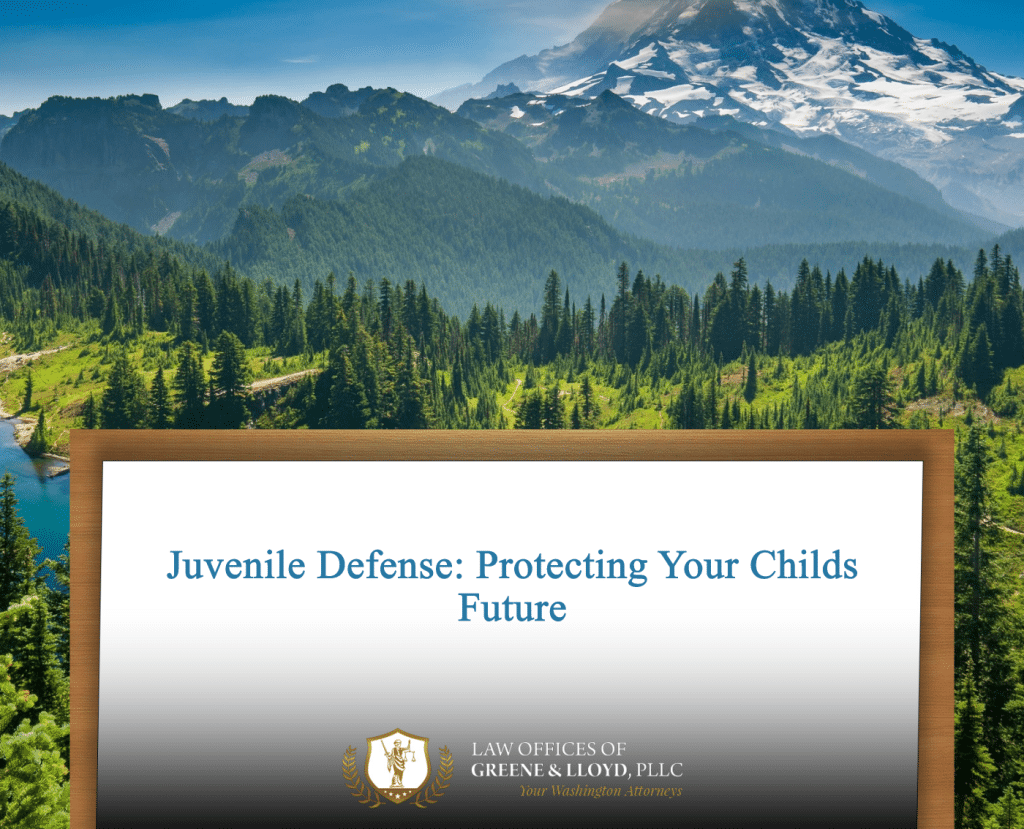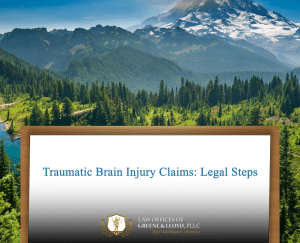When a child encounters legal issues, it can be a challenging and confusing time for both them and their families. Juvenile Defense is crucial in these situations, as it ensures that young individuals receive fair treatment while navigating the legal system. It is vital for parents to understand that the consequences of their child’s actions can significantly impact their future. By seeking proper legal representation, you make a critical step towards safeguarding your child’s rights, aiding in their rehabilitation, and ensuring they have the opportunity to move forward positively.
Understanding Juvenile Defense and Its Importance
Juvenile Defense refers to the legal representation available for minors accused of crimes. Unlike adults, juveniles often face different legal standards and penalties, with a greater emphasis on rehabilitation rather than punishment. For example, a teenager caught shoplifting might receive counseling and community service rather than jail time, underscoring the goal of helping them learn from their mistakes. Understanding how the juvenile justice system works is essential for parents in order to advocate effectively for their children.
The Critical Importance of Juvenile Defense
The ramifications of juvenile offenses can be far-reaching, impacting a child’s education, employment opportunities, and overall future. If not handled properly, a criminal record can lead to a lifetime of challenges. Schools may deny admission, employers may reject applications, and the path to higher education can become obstructed.
- Scenario 1: A child faces charges for vandalism, which could lead to a juvenile record; this may hinder college applications.
- Scenario 2: A minor arrested for underage drinking may face legal penalties, affecting their driver’s license and school enrollment.
- Scenario 3: A teenager involved in a drug-related incident might struggle with substance abuse issues, resulting in legal complications down the line.
In each case, effective Juvenile Defense can not only address the immediate legal consequences but also provide a foundation for recovery and growth, ensuring the teenager can move forward with their life.
A Closer Look at the Juvenile Defense Process
- Step 1: An arrest or accusation is made, and the juvenile is taken into custody.
- Step 2: The attorney assesses the case, evaluates evidence, and determines the best defense strategy.
- Step 3: A resolution is sought, either through plea negotiation or a trial, keeping rehabilitation in mind.
Effective Strategies for Managing Juvenile Defense
Common Queries Surrounding Juvenile Defense
How Greene and Lloyd Law Offices Assist Young Clients
The Law Offices of Greene and Lloyd are dedicated to supporting families faced with juvenile legal challenges. Their experienced team understands that each case is unique and requires a compassionate, tailored approach. With a strong focus on rehabilitation, they guide clients through the complex legal landscape while ensuring that the child’s best interests remain at the forefront. By alleviating the burden of the legal process, they provide peace of mind to families and foster a supportive path forward for their children.




